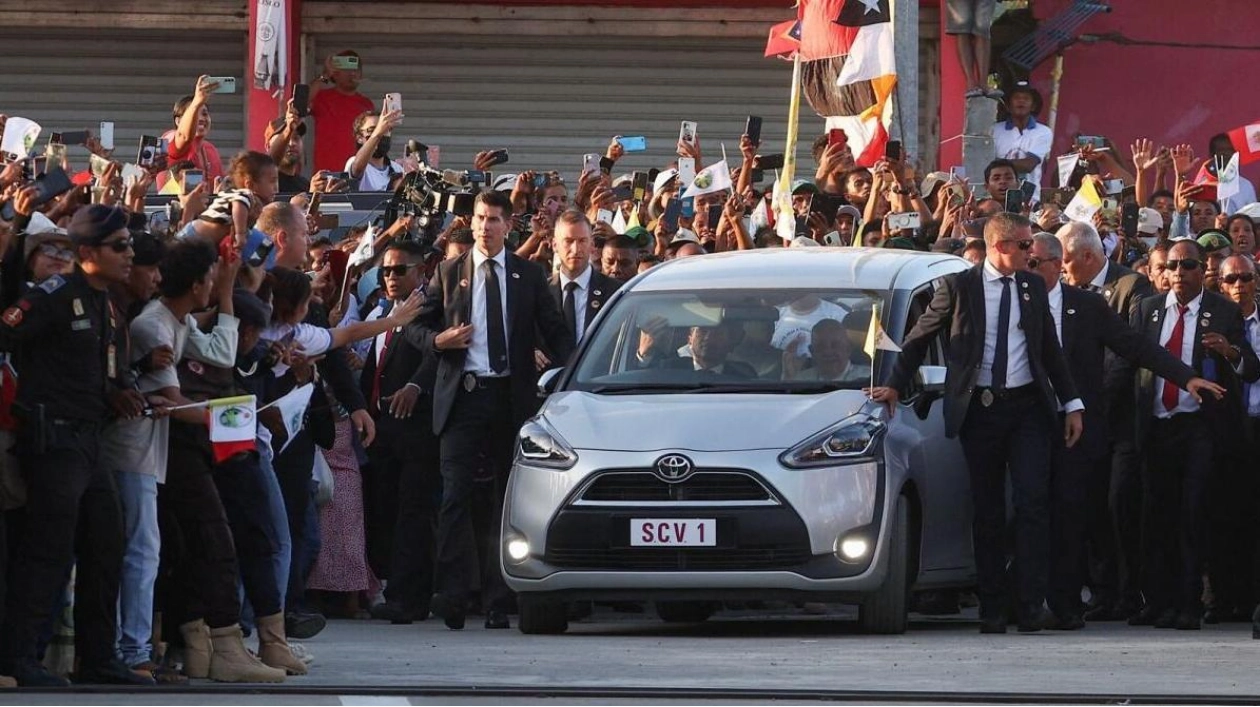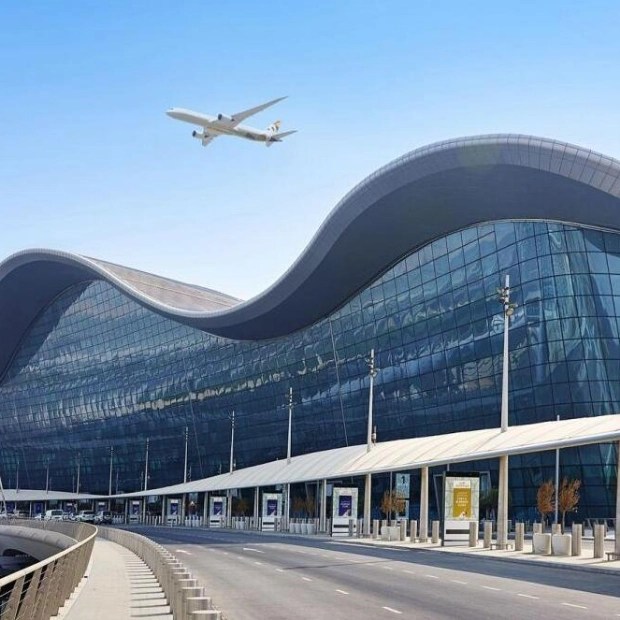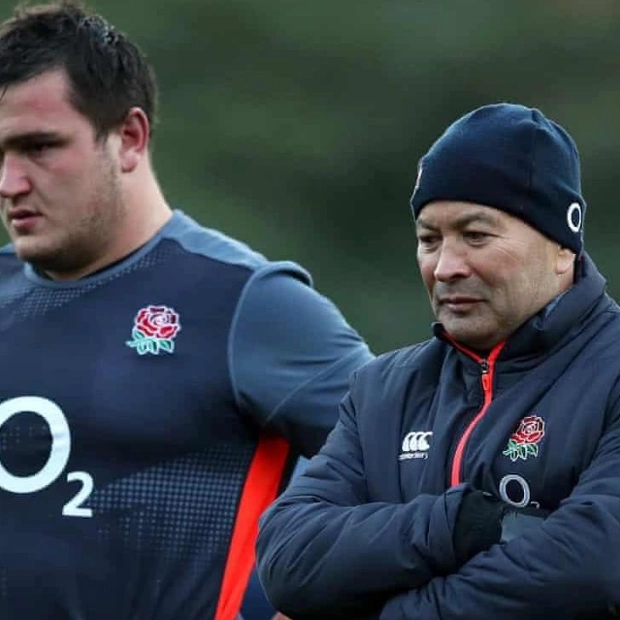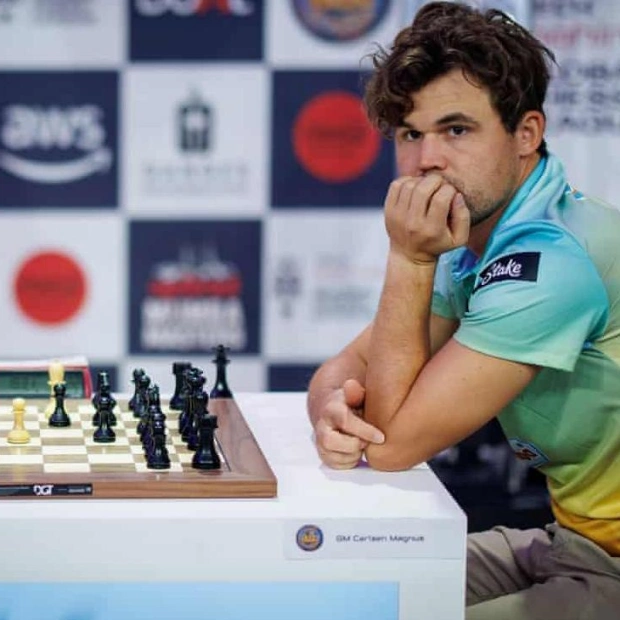Pope Francis received a rock star welcome upon his arrival in East Timor on Monday, where he is set to rally the predominantly Catholic nation's faithful with a massive mass expected to draw over half of the country's 1.3 million population. Catholic devotees have flocked to see Francis as he visits Asia's youngest nation, making long journeys from distant towns and enduring hours-long border crossings with Indonesia. Tens of thousands lined the streets of the capital, Dili, waving Vatican-colored flags and umbrellas while cheering as the 87-year-old pope was driven through the streets, flanked by security. In high spirits after landing from Papua New Guinea, the third stop on his arduous 12-day Asia-Pacific tour, Francis waved and smiled at the throng of devotees eager to catch a glimpse of him.
"This will be a proud moment for me and my family, I think also for all the people of Timor-Leste," said a waiting 42-year-old, Nunsia Karmen Maya. The pontiff was presented with a traditional scarf upon arrival, greeted by an honor guard and President Jose Ramos-Horta at Dili's airport, which has been closed to civilian flights for three days. Later on Monday, Francis will address East Timor's officials and diplomats, but the highlight of his trip will be the colossal mass on Tuesday, expected to attract 700,000 worshippers. In the small seaside city nestled between mountains and the turquoise waters of the Ombai Strait, celebrations for the three-day visit were already in full swing. The city underwent an expensive makeover in preparation for the visit, and authorities relocated poor street-dwellers, including vendors in areas where Francis will travel, drawing criticism on social media. Rights groups claim that some makeshift homes built by the poor were demolished in preparation for the mass, though the government maintains they were erected illegally. Prime Minister Xanana Gusmao joined locals in sweeping the streets to help clean up the city before the pontiff's arrival.
East Timor's history is marked by centuries of Portuguese rule, decades of Indonesian occupation, and a United Nations-backed referendum that led to its independence. Francis is the first pope to visit the country since its formal independence in 2002, emerging from a brutal Indonesian occupation that claimed more than 200,000 Timorese lives. Among its challenges, East Timor faces corruption, gender-based violence, domestic abuse of persons with disabilities, and child labor. However, the most sensitive issue for the pontiff is the recent cases of child abuse linked to the clergy. Advocacy groups have urged Francis to address the issue, but his official schedule does not currently include any events with victims. These cases include Nobel laureate Bishop Carlos Ximenes Belo, who was secretly punished by the Vatican over allegations of sexually abusing young children for decades. Locals hope that the pope will bring a message of harmony, as he did in Indonesia last week.
"I hope that through this visit Papa Francisco will bring a message of peace," said Francisco Amaral da Silva, a 58-year-old lecturer. Francis' schedule includes meetings with Jesuits, children, and the Catholic faithful. The huge mass, to be held in a wide wetland area known as Tasitolu, will not only draw Timorese from around the country but also many from Indonesia's East Nusa Tenggara province, according to local immigration officials. East Timor is one of the world's poorest countries, heavily dependent on oil and gas revenues that experts predict could be depleted within years. Despite this, the government has allocated $12 million for the visit, including $1 million for the mass altar alone, which stood beside a large crucifix. With around 42 percent of East Timor's population living below the poverty line, Francis is likely to address economic and social issues. Others have used his visit to sell pope merchandise. Teacher Silverio Tilman, 58, set up a stall selling pope T-shirts, earning more than $600 in two days—double the average monthly salary.
"We prepare these items, in case the pilgrims need them to attend the holy mass. We are not seeking big profits," he said.






